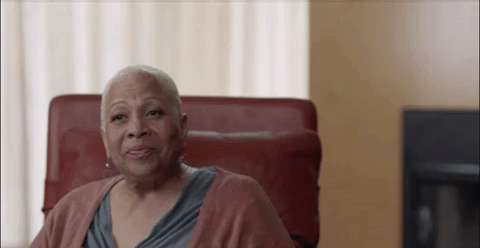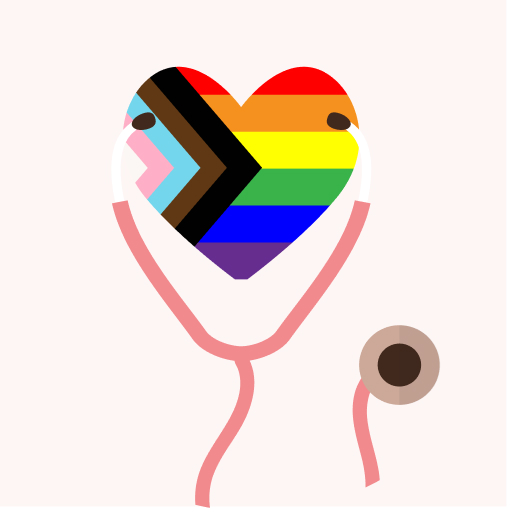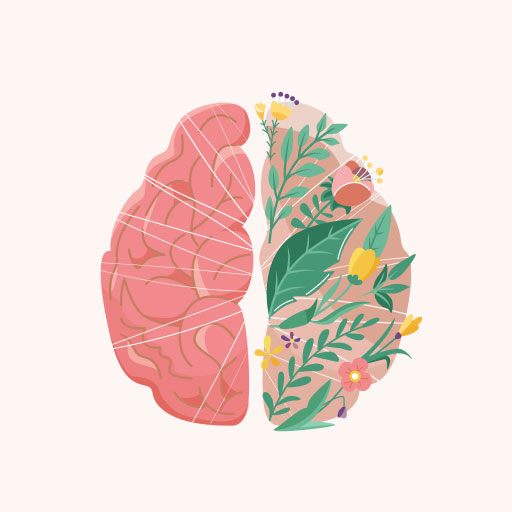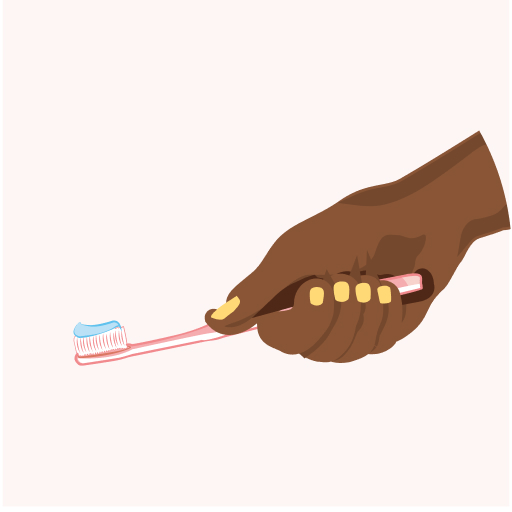
Sisters, Stress, and Mental Illness
Women are evolving creatures. We are moms, wives, teachers, uber drivers, doctors, nurses, cooks, construction workers, pilots and every other occupation under the sun. As women, we have to “hold it down” and “run thangs!” But the duties and responsibilities we take on can cause a great deal of stress. It is also common for us to deal with stress as if it is not important, but when we do this, we continue to suffer in silence. For many of us, it has become the norm to function in a stress-filled environment but this is no longer acceptable. Stress that is ignored or left unaddressed for too long can lead to mental illness, depression and/or suicide.
Stress affects us physically, emotionally and mentally. Mental Illness does not discriminate, and as Black women we need to bear that fact in mind. Most people do not realize that Post-Traumatic Stress Disorder (PTSD) is not limited to those who have served in the military. PTSD can contribute to many other issues, but one of the main issues that we are seeing today is suicide. With suicide rates rising, we need to look out for ourselves and one another. We can do this by learning and knowing the signs and symptoms associated with mental illness. Some signs and/or symptoms include increased drinking, withdrawal from family and friends, a persistent feeling of sadness, mood swings, excessive crying, and loss of interest in daily or life activities.
The majority of studies show that Black men are more likely to die by suicide, while Black women are more likely to attempt suicide. Even though the suicide death rates for Black women have been the lowest among men and women of all ethnicities, we must increase our awareness to resources that are available to us. As Black women, we were built to take care of and protect our loved ones, but before we can care for others, we must first take care of ourselves.
Over the past few years, the government has decreased funding for mental illness which creates barriers to accessing essential mental health services. If you would like for your voice to be heard, please reach out to your state representatives and advocate for increased funding for mental illness.
And if you or someone you know is in need of professional help please call:
Suicide Prevention Hotline: 800.273.8255
Veterans Suicide Hotline: 800.273.8255 press 1
Domestic Violence Hotline: 800.799.7233










